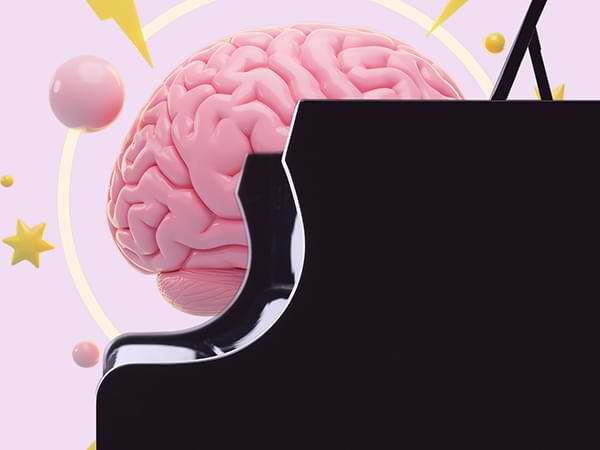Dr. Masaomi Iyo currently serves as Vice Dean of the Graduate School at the International University of Health and Welfare in Tokyo, and Professor of Psychiatry at the same institution. A leading figure in the field of sports psychiatry, he has supported numerous athletes over the years. More recently, he has been giving lectures on performance enhancement and mental management for musicians at venues such as the Hamamatsu International Piano Academy. We spoke with Dr. Iyo to learn how pianists can scientifically approach performance improvement.
Interview: Arisa Iida
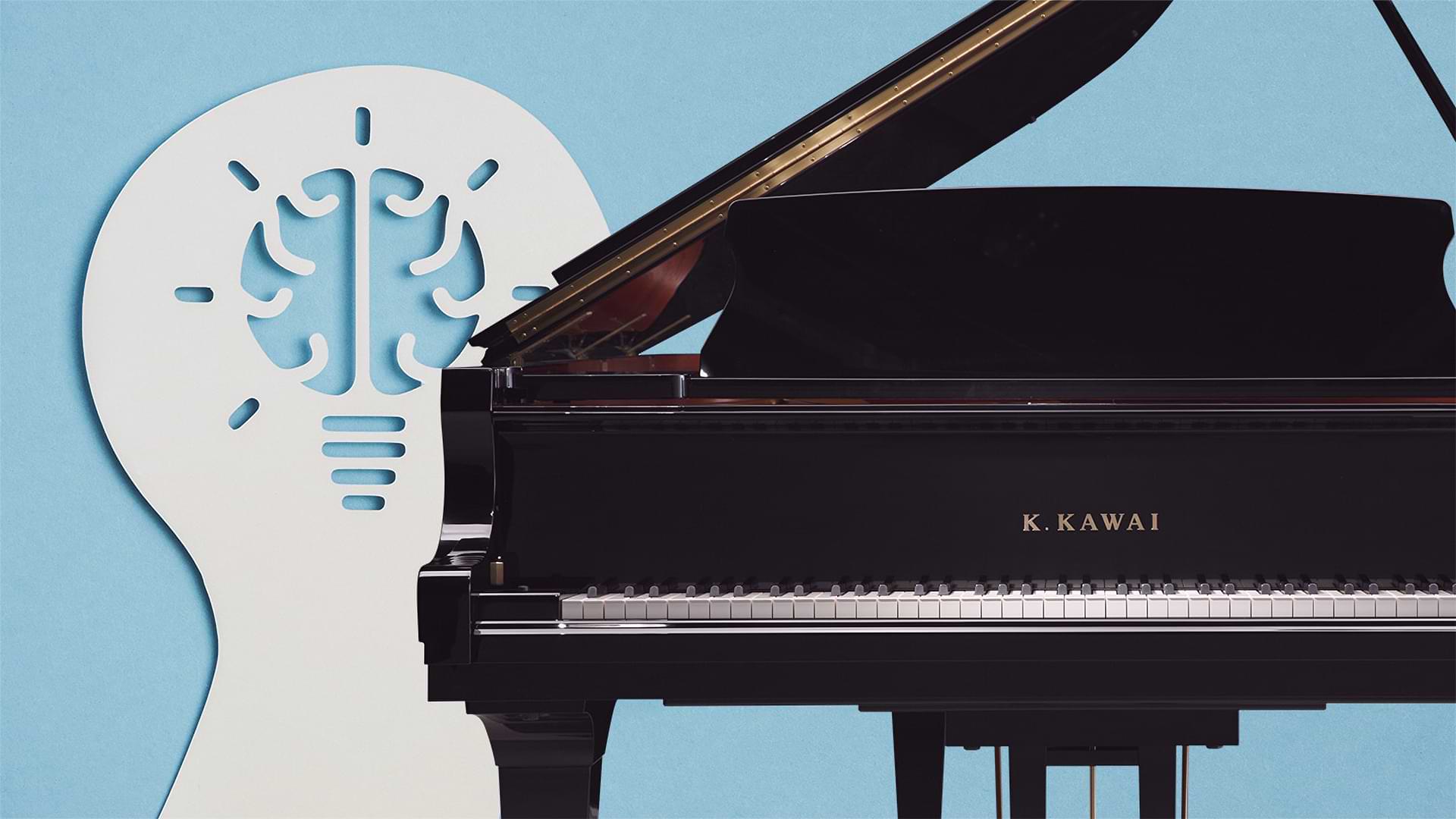
Contents
- 1 Introduction: Applying Sports Psychiatry to Piano Performance
- 2 Mental Approaches to Practice: Listening, Visualization, and Automation
- 3 Managing Performance Anxiety and Building Confidence
- 4 Setting Effective Goals: Motivation and Sustainable Progress
- 5 About Dr. Masaomi Iyo: Profile and Credentials
Introduction: Applying Sports Psychiatry to Piano Performance
–– Dr. Iyo, you’ve incorporated research from the field of Performing Arts Medicine (PAM) into your lectures for music university students and at the Hamamatsu International Academy. Could you explain what this field entails?
Performing Arts Medicine is a field that specializes in the treatment and prevention of injuries and disorders among artists. It’s well established in sports, where conditions like the “yips” are well-known – a sudden inability to perform movements that were previously automatic. This condition also affects musicians, including pianists, and in some cases, can lead even professionals to retire. It’s a state where the brain and body fail to coordinate during performance, and this is one of the core issues that PAM seeks to address.
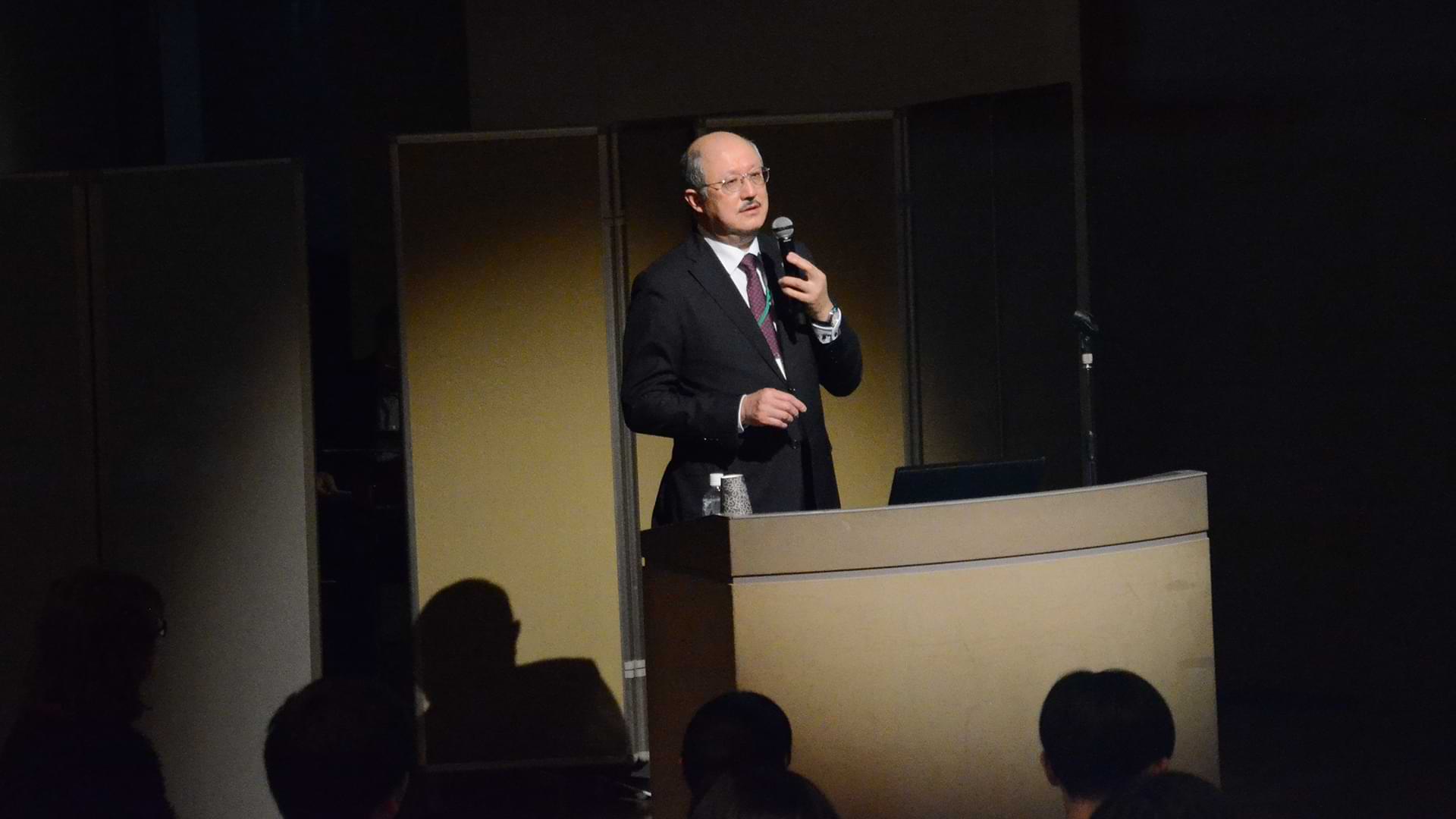 Dr Iyo giving a lecture at the Hamamatsu International Piano Academy. Image source: HIPA
Dr Iyo giving a lecture at the Hamamatsu International Piano Academy. Image source: HIPA
Mental Approaches to Practice: Listening, Visualization, and Automation
–– From a psychiatric standpoint, what kinds of training are important for pianists aiming to improve?
There’s an interesting body of research on this. Among experienced pianists, it has been shown that listening to music can be more effective in improving performance than actual playing. In studies comparing three groups – those who listened to performances while looking at sheet music, those who played while reading the music, and those who only read the music – the group that listened showed the greatest improvement in performance, followed by the group that only read the music. Surprisingly, the group that both read and played showed the least improvement.
–– Why is listening so effective?
From a neuroscience perspective, when you concentrate solely on listening, your auditory cortex is strongly engaged. However, when playing is added to the task, brain activity becomes more diffuse, which can make learning less effective. By focusing intently on just one activity – listening – you strengthen the mental imagery needed for more effective automation.
–– What exactly do you mean by “automation”?
Automation refers to a state where your body moves without conscious effort, achieved through repetition. This kind of motor memory is stored in a part of the brain called the basal ganglia, which governs movement. Once embedded, this memory is long-lasting – like how once you learn to ride a bicycle, you never forget. Similarly, musical techniques can remain with you for years once automated.
–– Is there an age limit for achieving automation through the basal ganglia and motor cortex?
While it’s generally said to be most efficient before the age of 12–14, automation is still possible later in life. Even in sports, professional athletes can continue to improve into their 30s. Children may learn faster, but adults can still achieve mastery with consistent effort, though it may take more time.
–– Can peak concentration – such as during a live performance – contribute to skill improvement?
Absolutely. What you’re describing is a “flow” or “zone” state, where anxiety disappears and your body moves exactly as intended, almost as if time slows down. To enter this state, it’s important to set achievable challenges and maintain high motivation. One’s own past successes play a key role here – acknowledging what you’ve done well builds self-efficacy, creating an expectation that “I might be able to do even more.”
Start by recognizing what went well, then identify areas for improvement. This mindset is known as the “PNP method” – Positive, Negative, Positive. If you focus only on failures, you’re more likely to recall those images during performance, which can lead to tension, freezing, or even mental blocks.
–– Visualization is considered important in sports. Does it help musicians too?
Very much so. Drawing from sports psychology, mental imagery training can be extremely effective for musicians. Pianists, for instance, are prone to finger and tendon injuries, but by allocating part of their practice to mental training, they can reduce physical strain while still making progress.
If you feel like you haven’t practiced enough, visualization can be a powerful supplement – as long as you imagine success. Replaying failure scenarios over and over only increases fear and physical tension. It’s vital to avoid fixing such failure images in your mind.
Instead of trying to suppress fear, accept it and let it pass. Focus on “the present moment” – a concept central to mindfulness. This approach can help performers stay grounded and calm.
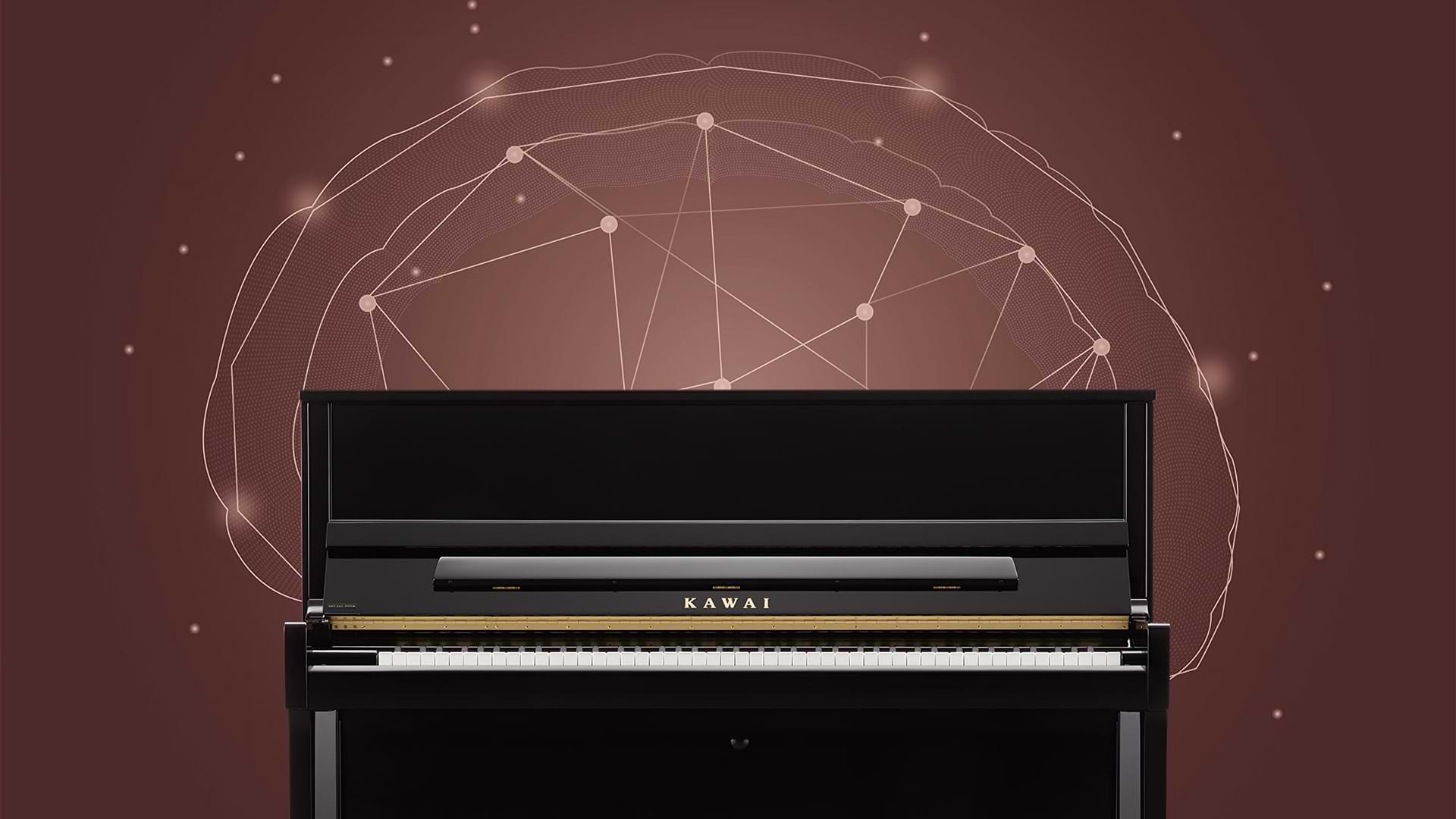
Managing Performance Anxiety and Building Confidence
–– Many pianists experience emotional lows. How can they cope with feelings of struggle?
Feeling overwhelmed often means the goals you've set may be too high for your current level. It’s important to aim for goals that are challenging but attainable. Achieving these repeatedly builds what we call small successes, which in turn sustain motivation and a sense of joy in improving.
There are several types of goals:
- Outcome Goals (e.g., winning a competition),
- Performance Goals (e.g., giving your personal best performance),
- Process Goals (e.g., setting specific steps needed to achieve peak performance).
When goals are based solely on competition with others, the belief that “I can’t win” can sap motivation. Setting goals that are within your own control is key.
Setting Effective Goals: Motivation and Sustainable Progress
–– Lastly, what advice do you have for music educators on effective teaching?
The most important thing is to help students set appropriate goals. Once a goal is achieved, consider the next one together. Using the PDCA cycle – Plan → Do → Check → Act – can be an effective framework for continuous improvement.
Another critical element is autonomy. Give students opportunities to make choices and express opinions. Instead of directing everything, let them, for example, decide the order of practice. This helps them avoid the feeling of being forced and instead builds intrinsic motivation. Instructors should act as advisors – listening to students and offering options to support their independent growth.
About Dr. Masaomi Iyo: Profile and Credentials
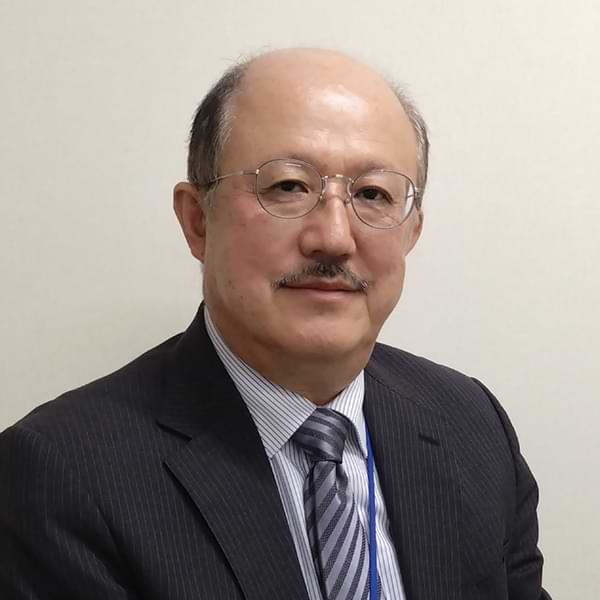
Dr. Masaomi Iyo
Vice Dean, Graduate School, International University of Health and Welfare
Professor and Director, Department of Psychiatry, International University of Health and Welfare
Specialist in Psychiatry
(Fields include psychopharmacology, cognitive behavioral therapy, forensic psychiatry, social psychiatry, and sports psychiatry)

Writer
Arisa Iida
Arisa Iida is a Japanese classical music facilitator, writer, translator, radio personality, and toy piano performer.
Arisa Iida is a Japanese classical music facilitator, writer, translator, radio personality, and toy piano performer.


